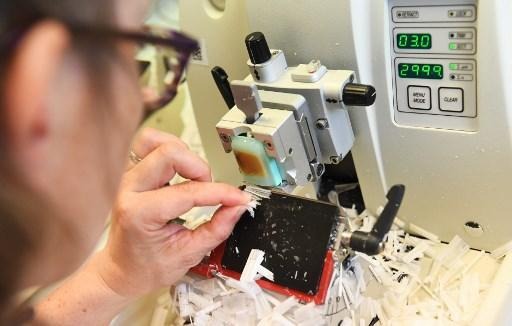An international team led by Belgian Professor Olivier Devuyst (UCLouvain, Cliniques Universitaires Saint-Luc) and Dr Eric Olinger has identified a genetic mutation which multiplies fourfold the risk of end-stage renal failure (ESRD), UCLouvain announced in a press release on 16 August.
Chronic kidney disease (CKD) affects around 10% of Belgians and is believed to be genetically inherited. As a result of end-stage renal failure, most patients are ultimately required to undertake dialysis or receive a liver transplant.
“Deciphering the genetic architecture of CKD is crucial for identifying new therapeutic tools, aimed at preventing or delaying the progression of (the disease),” the press statement explains.
Until now, two types of genetic mutation had been observed by researchers. This includes very rare mutations which have a severe effect on the kidneys, or common variants present in most people but which do not impact the proper working of the organ.
Related News
- Landfills identified as ‘super emitters’ of greenhouse gases
- Men may live longer than women, says study
With the help of Dr Olinger, Belgian researcher Devuyst believes that he has discovered a third type of mutation to the “Umod” gene, which is known for its role in kidney disease.
“The mutation, detected in approximately one in a thousand individuals, leads to an intermediate biological effect in the kidney, but sufficient to quadruple the risk of terminal CKD in combined cohorts of more than 600,000 subjects,” the research reveals. This discovery could therefore benefit around 10,000 people in Belgium alone.
The research has been published in the prestigious American medical journal: “Proceedings of the National Academy of Sciences”.

